What is the Best Treatment for Sudden Anxiety in the Elderly
Feeling anxious is common, but for some, these issues worsen as they age. In fact, sudden anxiety in the elderly is more common than you may think. It’s even more concerning when we realize most seniors fail to report such issues, possibly fearing becoming a burden. And even those who are diagnosed with severe anxiety don’t seek treatment, though several options are available.
Though not all seniors have neurological issues, it is widespread among the elderly. For those wanting assistance with severe anxiety or other mental issues, elderly day care centers are one of the best places to go.
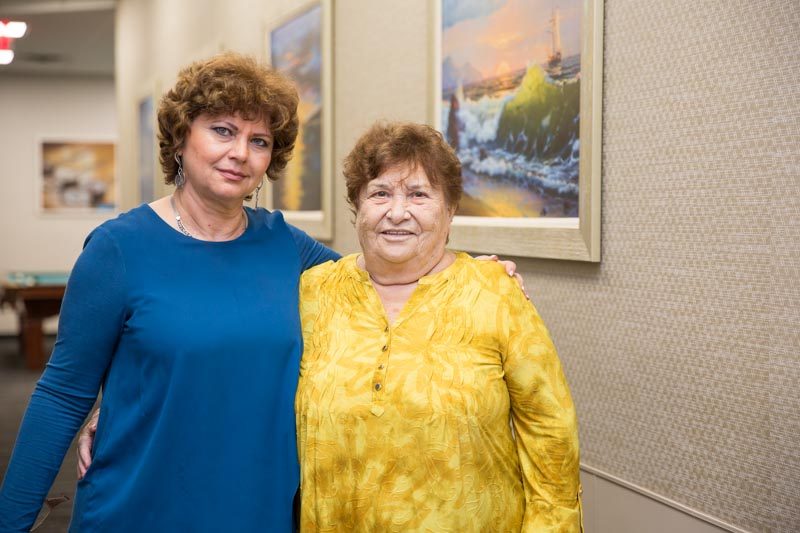
Fairview Adult Day Care Center in Brooklyn, NY, offers many support options. These include social support, including assistance seeking benefits or emotional support. You may also benefit from talk therapy, therapeutic recreation activities, or health education. Discovering ways to treat your anxiety also helps, so let’s consider the following methods.
The Best Treatment for Sudden Anxiety in the Elderly
The post-retirement golden years are a goal for the working class, but the future isn’t always so bright. Seniors often deal with deteriorating health, causing mobility issues, communication problems, and financial strain. Many don’t have the support system required to maintain independence, especially when loved ones pass on or move away.
Finding the best treatment to combat their concerns is crucial, but no choice works for everyone. Testing the options is often necessary to match the worries each senior is dealing with. The following methods work well for most elderly citizens dealing with sudden anxiety.
Talk therapy
According to experts, approximately a quarter of those over 65 have a common mental disorder, such as anxiety. Such issues are usually treated with medication. However, evidence shows psychological therapies, including talk therapy, are more effective, with minimal adverse side effects.
Psychotherapy or talk therapy has several benefits for sudden anxiety in the elderly. Treatment involves learning to cope with negative thoughts, emotions, stress, fears, and phobias. Counseling also offers the emotional support needed to explore the origins of the issues and safe methods to counter them.
Deep breathing and relaxation techniques
Studies show that relaxation interventions reduce anxiety and depression in seniors, especially yoga, music intervention, and combined relaxation training. Not only do these methods help with immediate symptoms, the effects seem to be long-lasting.
Several other relaxation and breathing techniques are available to reduce sudden anxiety in the elderly. These include deep breathing, progressive muscle relaxation, meditation, visualization, self-massage, and rhythmic movement. Trying a few and sticking with those that work offers the best results.
Socialization
Isolation is more common for seniors for several reasons. They often live alone since children move on and partners pass away. Deteriorating health results in loss of mobility, hearing, or communication skills. They may also lose close friends and fail to make new ones.
Without a proper support system, elderly citizens may notice a sudden increase in anxiety. But socialization may counter the issue, allowing them to connect with those having similar interests. Many communities offer social gatherings, including classes, arts and crafts, or outings to music events, plays, or shopping trips.
Other treatment options
Medication is often the first treatment offered for elderly people dealing with sudden anxiety. Your doctor may recommend lifestyle changes, including those related to sleep, diet, and exercise. Behavior and cognitive therapies are also beneficial to many seniors dealing with anxiety. A discussion with your doctor concerning your mental and physical health will determine which options are suitable.
Resources:
- American Association for Geriatric Psychiatry: Anxiety and Older Adults: Overcoming Worry and Fear. https://aagponline.org/patient-article/anxiety-and-older-adults-overcoming-worry-and-fear/
- PubMed Central, November 1, 2021, Older adults respond better to psychological therapy than working-age adults: evidence from a large sample of mental health service attendees. https://pmc.ncbi.nlm.nih.gov/articles/PMC8411661/
- NIMH, Psychotherapies https://www.nimh.nih.gov/health/topics/psychotherapies#:~:text=Psychotherapy%20(also%20called%20talk%20therapy,patients%20in%20a%20group%20setting
- PubMed, January 9, 2015, Effects of relaxation interventions on depression and anxiety among older adults: a systematic review https://pubmed.ncbi.nlm.nih.gov/25574576/
- Help Guide, Relaxation Techniques for Stress Relief https://www.helpguide.org/mental-health/stress/relaxation-techniques-for-stress-relief
- NCOA, May 3, 2022, Navigating Social Isolation and Loneliness as an Older Adult https://www.ncoa.org/article/navigating-social-isolation-and-loneliness-as-an-older-adult/
- Mayo Clinic, Anxiety Disorders https://www.mayoclinic.org/diseases-conditions/anxiety/diagnosis-treatment/drc-20350967
This article is for educational and informational purpose only and does not substitute for professional medical advice. For any questions about your own health condition, speak to a qualified physician or healthcare provider.

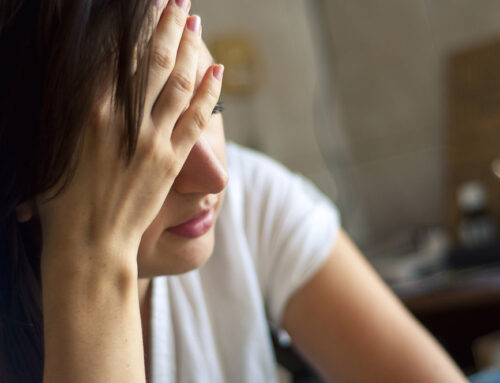


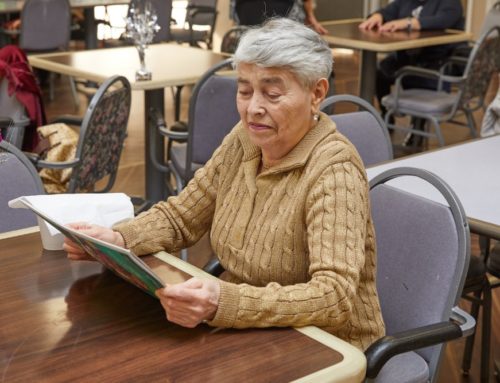
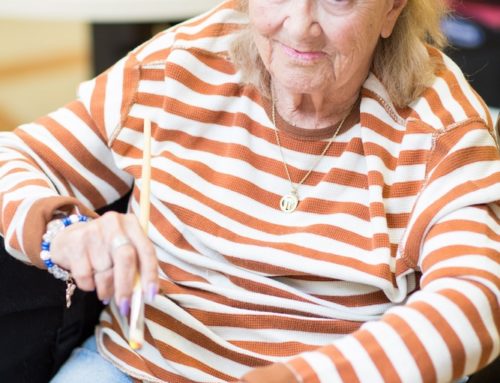
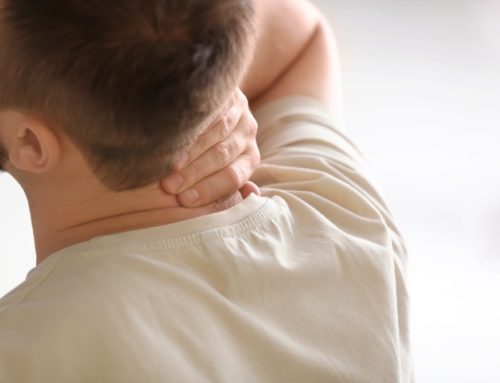
Leave A Comment